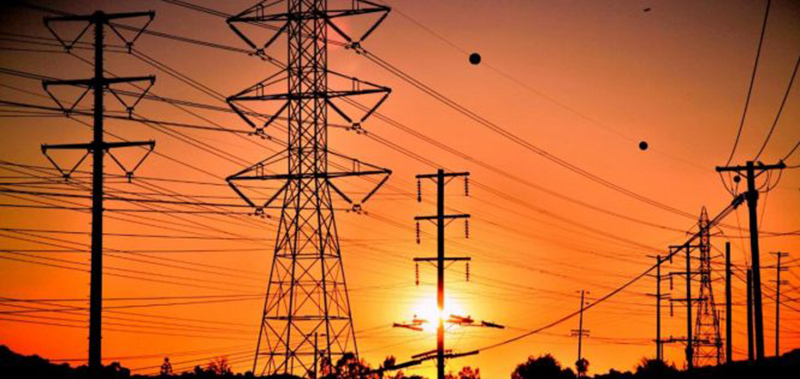
Kathmandu: Officials from Kathmandu and Dhaka have agreed to sign a long-term agreement for the export of 40MW electricity from Nepal to Bangladesh, a Nepal Electricity Authority office bearer said.
Even though the two sides are yet to negotiate the tariff to be charged on the electricity, the duration of agreement has been settled. This will ensure a long-term market for Nepal’s electricity in Bangladesh.

“We have agreed to sign a 25-year power sale agreement with Bangladesh,” Kul Man Ghising, managing director of NEA, told the Post. “It is in line with our proposal to the Bangladeshi side.”
The understanding with Bangladesh is similar to the long-term inter-governmental power trade agreement initiated with India during Prime Minister Pushpa Kamal Dahal’s visit to the southern neighbour from May 31 to June 3.

According to Prabal Adhikari, power trade director at Nepal Electricity Authority, the Bangladeshi side had earlier responded to Nepal’s proposal stating that it would prefer a five-year agreement with an option of renewal, citing the uncertainty over the power sector’s evolution.
But according to Ghising, Bangladesh finally agreed to a 25-year deal, which is yet to be signed. “Except tariff, we have reached an understanding on all other issues,” Ghising said.
The understanding will be formalised once Nepal, India and Bangladesh sign a tripartite agreement on power sale from Nepal to Bangladesh using the Indian territory.
The authority officials said that Bangladesh first wanted to settle issues other than tariff. The technical and commercial aspects of the agreement were discussed and the two sides reached an understanding.
On tariff, the NEA seems to be open to negotiation. “We plan to offer a good tariff as a good gesture, as it will be a government-to-government deal,” Ghising said. “A reference can be the existing electricity price in Bangladesh but we are yet to decide on the rate.”
When it comes to transmission charge and service fee, Bangladesh will directly pay to the NTPC Vidyut Vyapar Nigam Limited (NVVN), according to Adhikari, the power trade director at the authority.
The transmission charge will be equivalent to what India’s power traders are currently charging power buyers. “Transmission charge will be levied as per India’s open access rules, as mentioned in the draft of the proposed power sale agreement,” said Adhikari.
“In line with the transmission charge being levied in India, Bangladesh might have to pay 40-55 paisa [in Indian currency] per unit depending on the technical conditions of the transmission infrastructure including the load.”
Bangladeshi entities may also have to pay service fees for the Indian company’s effort in obtaining the Indian regulatory approval. “The service charge may range from 4 to 7 paisa [Indian currency] per unit,” said Adhikari.
The NVVN, which is India’s nodal agency for cross-border power trade, will be responsible for collecting these fees, he said.
The NVVN will be part of a tripartite deal between Nepal, India and Bangladesh to enable the export of 40MW power to Bangladesh. Once Nepal and Bangladesh reach an understanding on tariff, it will pave the way for a tripartite agreement.
Nepal and Bangladesh agreed to sign a tripartite agreement among the NEA, the Bangladesh Power Development Board (BPDB) and the NVVN of India during the energy secretary-level joint steering committee meeting held in Bangladesh in mid-May.
India has also expressed its readiness to facilitate electricity trade between its two neighbours. The southern neighbour clearly stated its willingness during Prime Minister Dahal’s India visit.
The Nepali side welcomed the decision of the Government of India to facilitate the first trilateral power transaction from Nepal to Bangladesh, through the Indian grid with an export of up to 40 MW power, India’s External Affairs Ministry said in a statement on June 2.
Ghising said that India had also agreed to facilitate the electricity trade between Nepal and Bangladesh for 25 years.
Nepal and Bangladesh decided to request India to permit power trade through the high-voltage Baharampur-Bheramara cross-border transmission link.
The Nepal Electricity Authority has requested the Indian authorities to allow it to sell the power generated from the 52.4MW Likhu-4 project to Bangladesh.